Capital Area Human Services - North Baton Rouge Behavioral Health

Overview
Capital Area Human Services - North Baton Rouge Behavioral Health is a mental health treatment center for people seeking treatment near East Baton Rouge County. As part of their treatment modalities for recovery, Capital Area Human Services - North Baton Rouge Behavioral Health provides couples/family therapy, group counseling, and cognitive behavioral therapy during treatment. Capital Area Human Services - North Baton Rouge Behavioral Health is located in Baton Rouge, Louisiana, accepting cash or self-payment for treatment.
Capital Area Human Services - North Baton Rouge Behavioral Health at a Glance
Payment Options
- Cash or self-payment
- Medicaid
- Medicare
- Private health insurance
- Federal military insurance (e.g., TRICARE)
Assessments
- Screening for tobacco use
- Comprehensive mental health assessment
- Comprehensive substance use assessment
Age Groups
- Young adults
- Adults
- Seniors
Ancillary Services
- Case management service
- Chronic disease/illness management
- Court-ordered outpatient treatment
- Diet and exercise counseling
- Family psychoeducation
Highlights About Capital Area Human Services - North Baton Rouge Behavioral Health
6.68/10
With an overall rating of 6.68/10, this facility has following balanced range of services. Alcohol Rehabilitation: 8.00/10, Drug Rehab and Detox: 6.00/10, Insurance and Payments: 6.00/10, Treatment Options: 6.73/10.-
Alcohol Rehabilitation 8.00
-
Treatment Options 6.73
-
Drug Rehab and Detox 6.00
-
Insurance and Payments 6.00
Treatment At Capital Area Human Services - North Baton Rouge Behavioral Health
Treatment Conditions
- Mental health treatment
- Substance use treatment
- Co-occurring Disorders
Care Levels
- Outpatient
Treatment Modalities
- Couples/family therapy
- Group counseling
- Cognitive behavioral therapy
- Dialectical behavior therapy
- Telemedicine/telehealth therapy
Ancillary Services
Languages
- Sign language services for the deaf and hard of hearing
Additional Services
- Pharmacotherapies administered during treatment
- Mentoring/peer support
- Metabolic syndrome monitoring
Get Help Now
Common Questions About Capital Area Human Services - North Baton Rouge Behavioral Health
Contact Information
Other Facilities in Baton Rouge
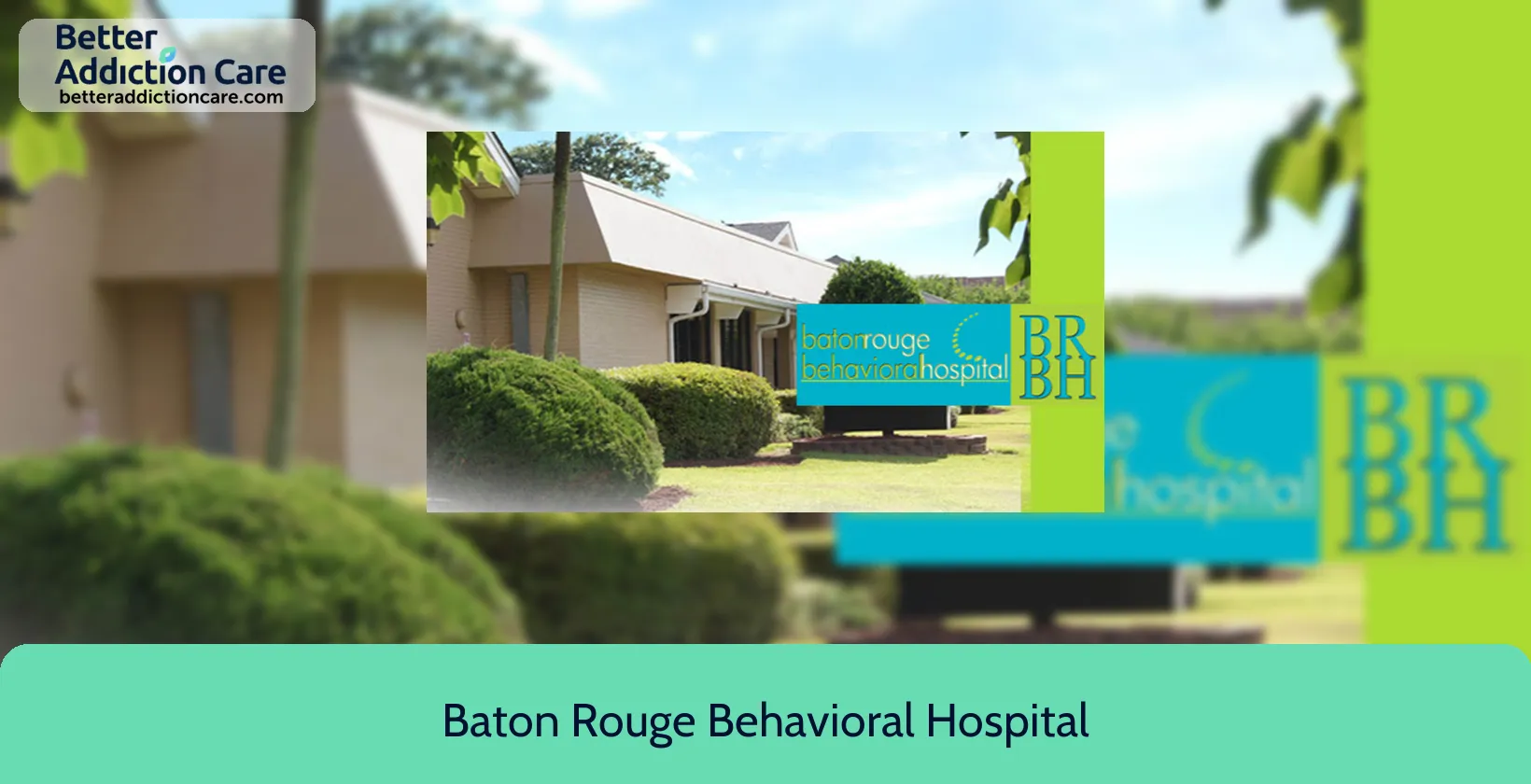
7.34
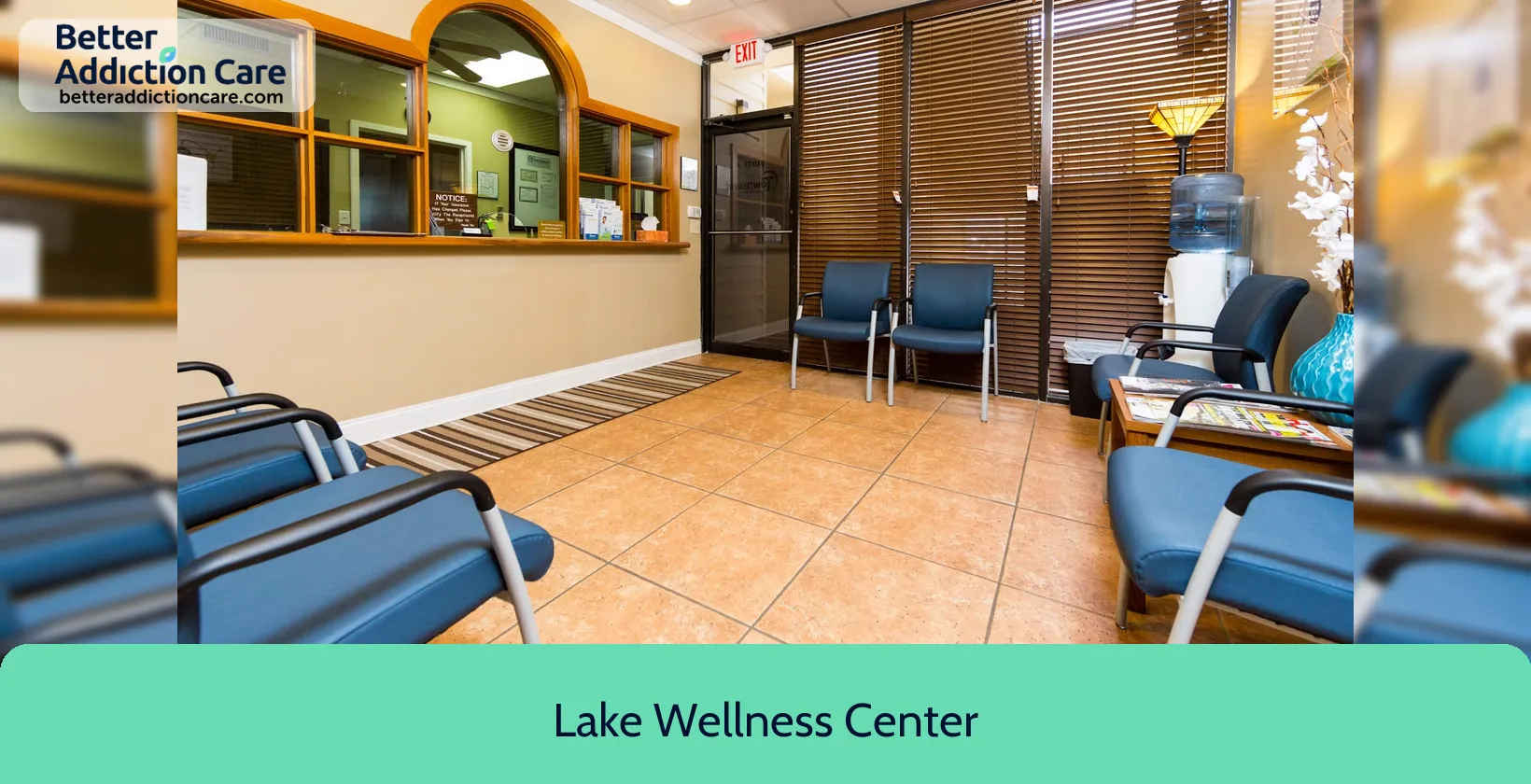
7.39
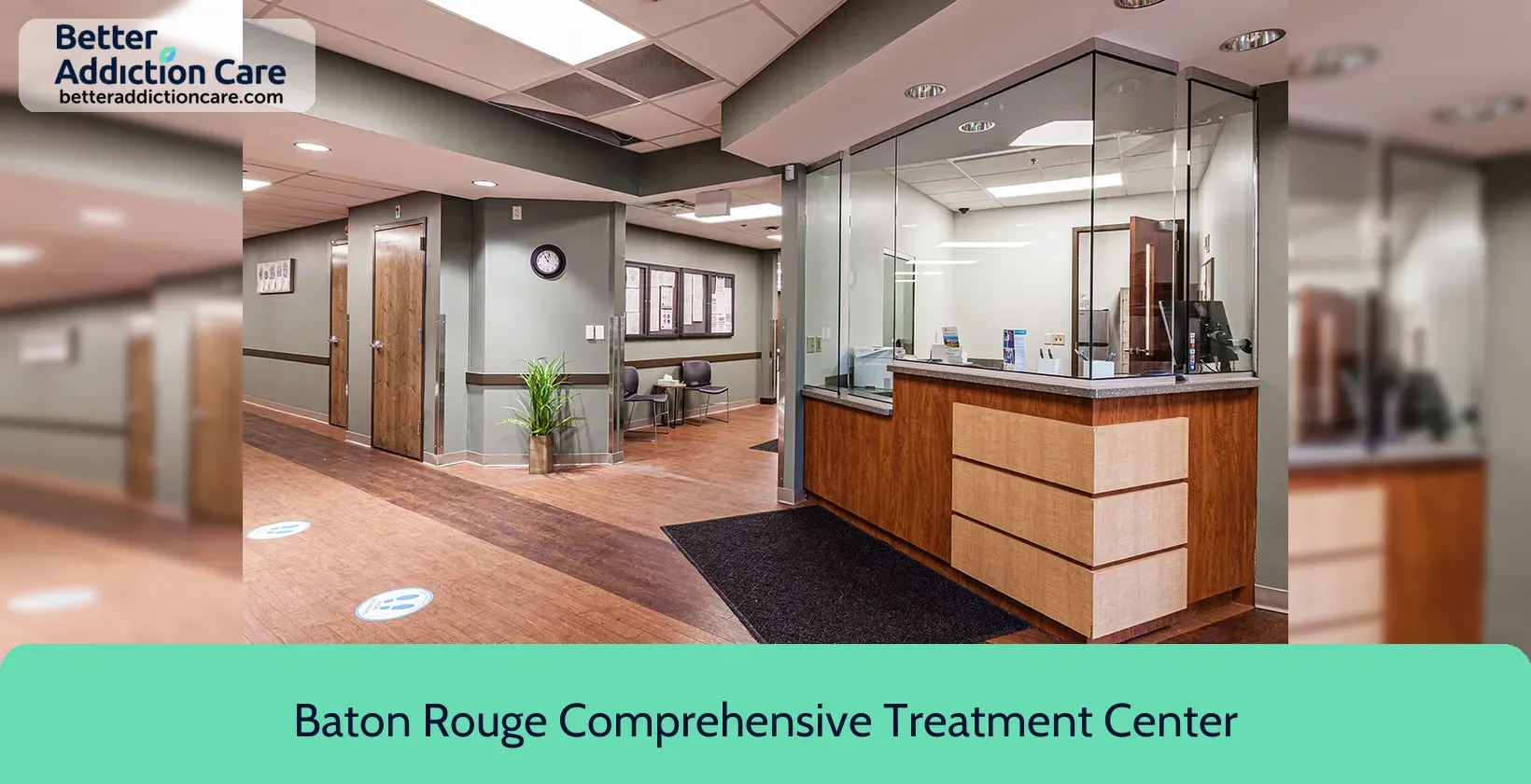
7.10
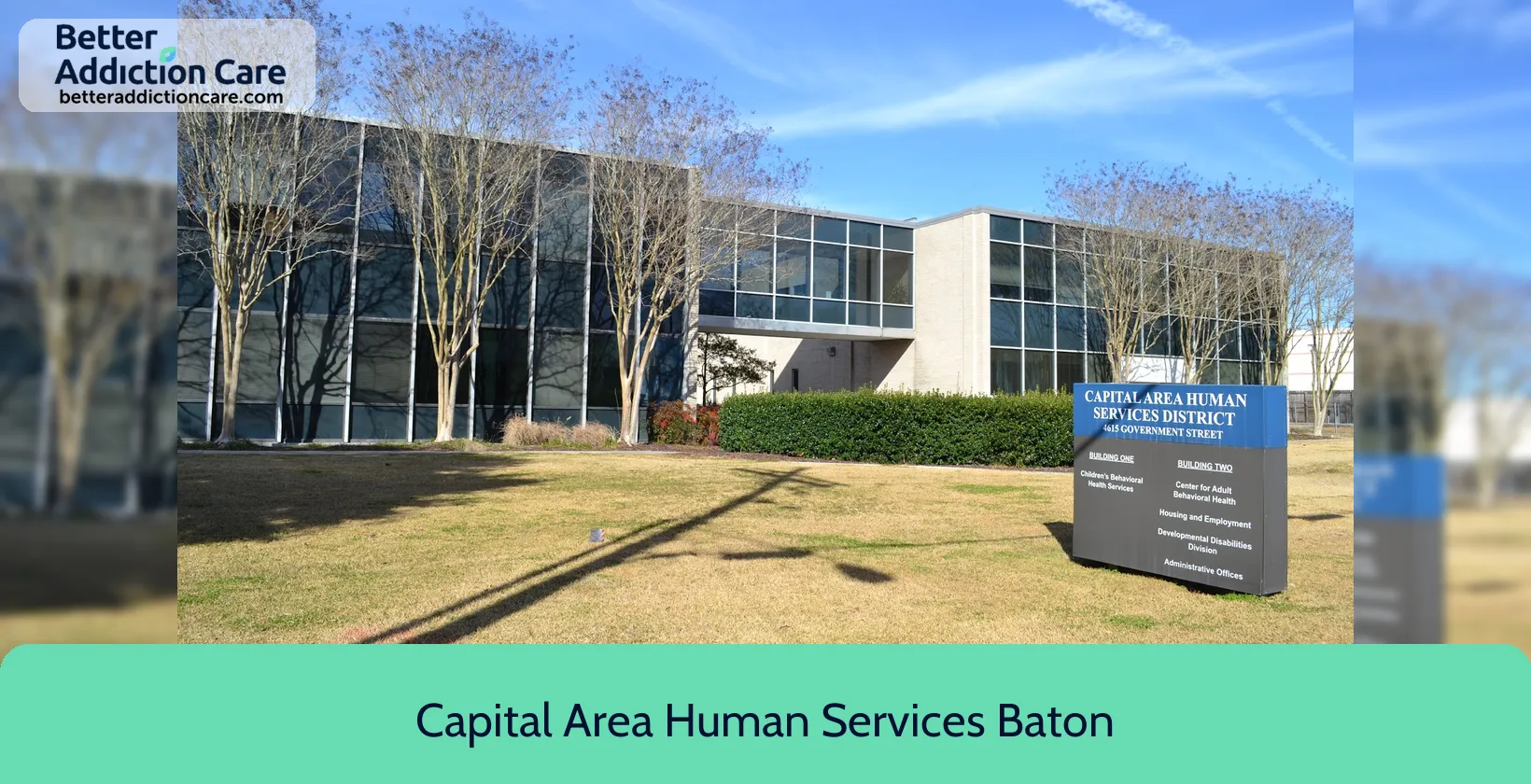
7.35
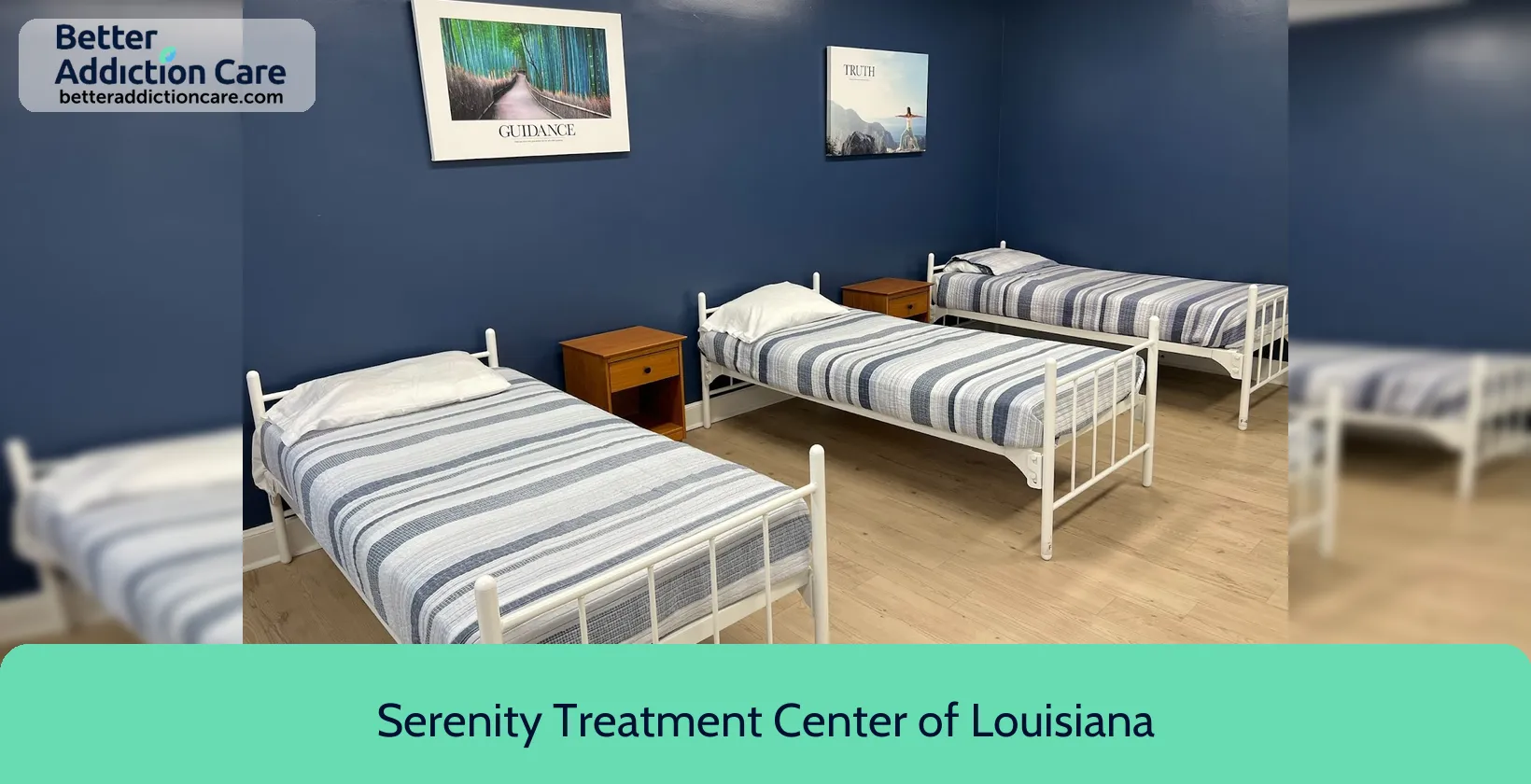
6.77
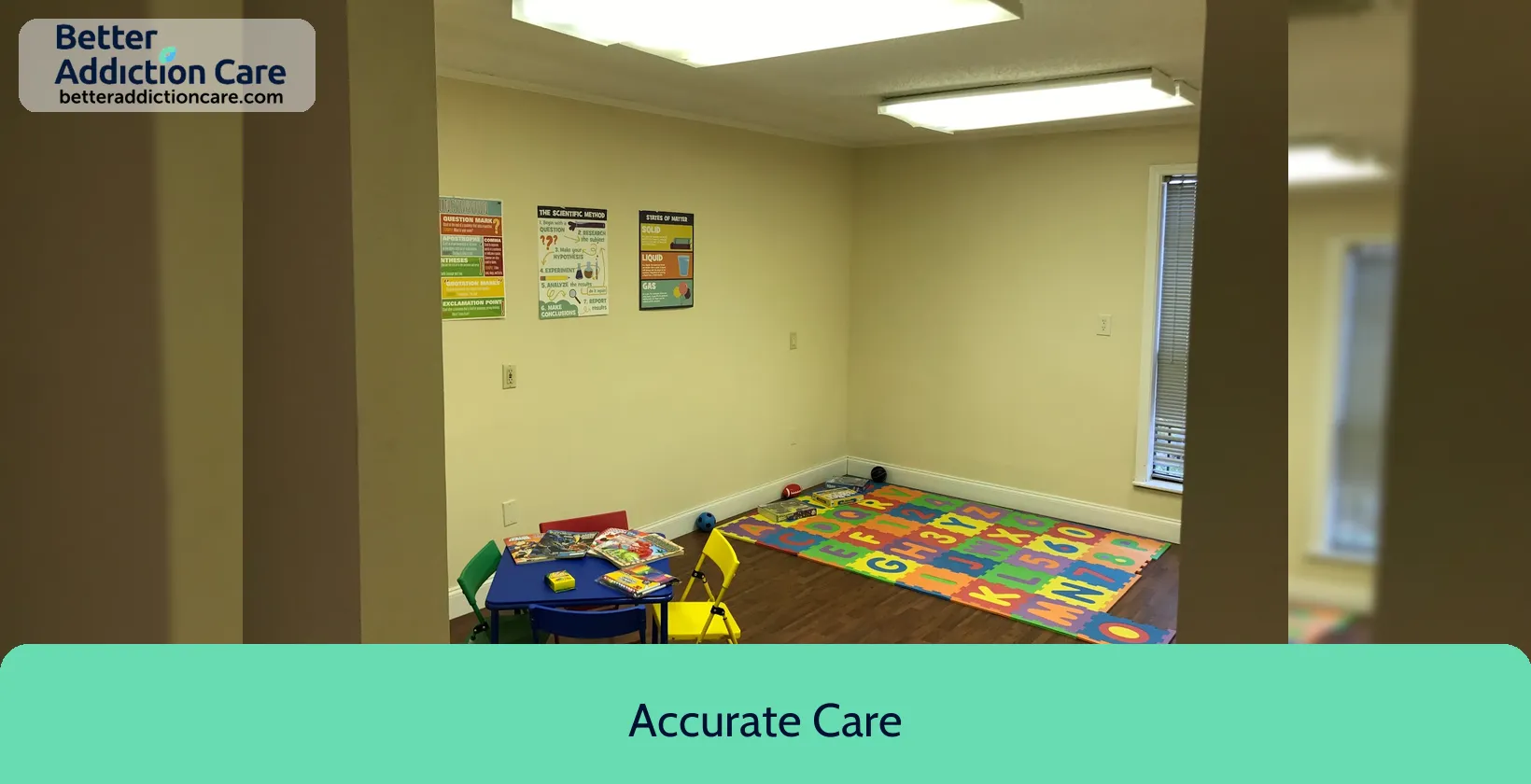
7.16
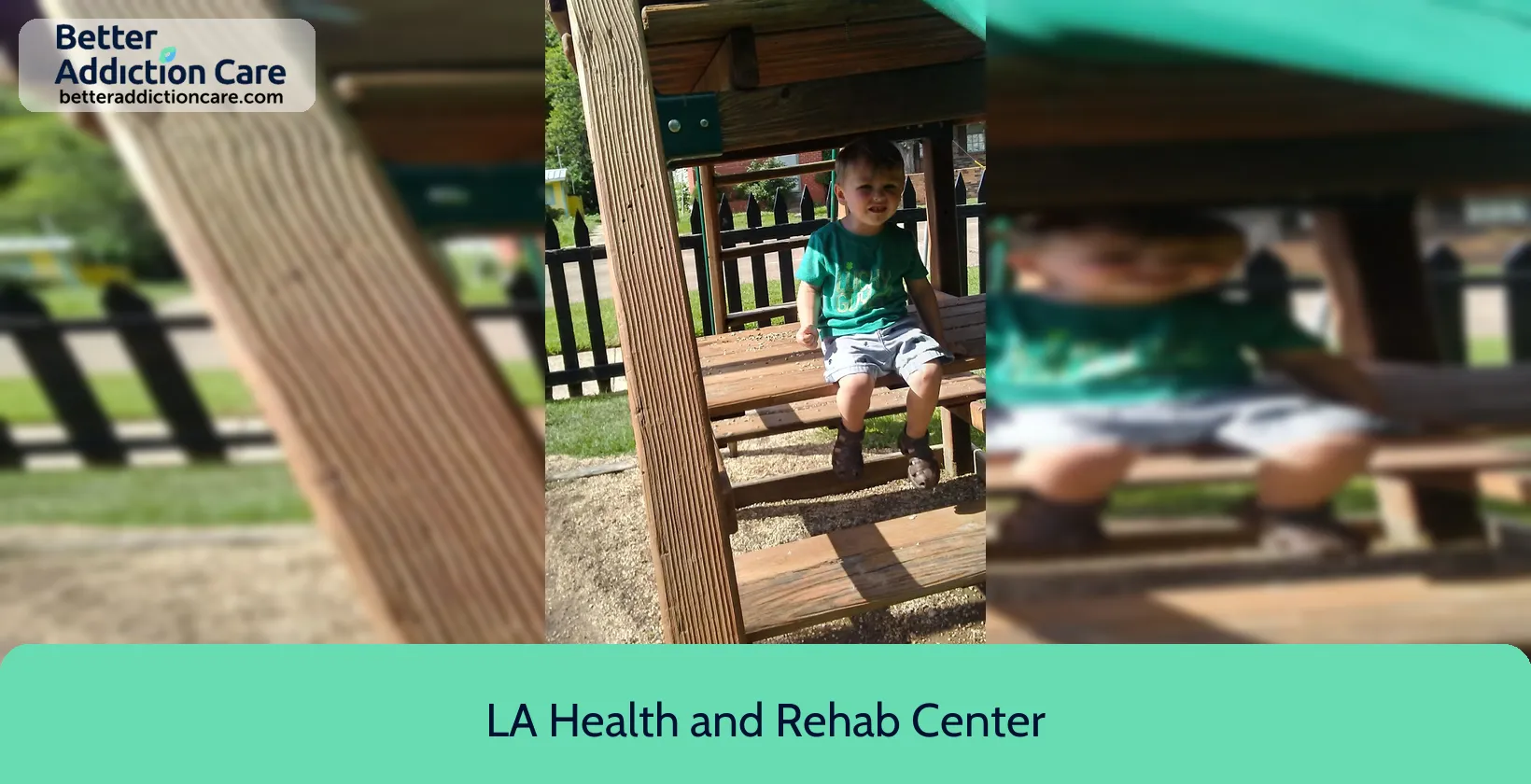
6.88

7.83
Browse rehab centers near Baton Rouge and in other cities across Louisiana
DISCLAIMER: The facility name, logo and brand are the property and registered trademarks of Capital Area Recovery Program, and are being used for identification and informational purposes only. Use of these names, logos and brands shall not imply endorsement. BetterAddictionCare.com is not affiliated with or sponsored by Capital Area Recovery Program.
